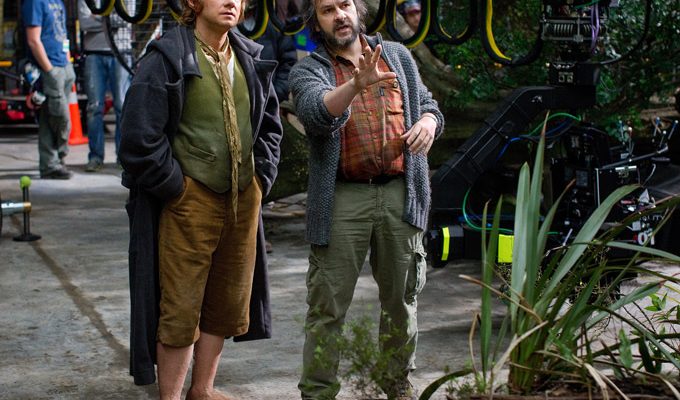It’s a bit odd that many in the movie industry are throwing their weight behind Sean Parker‘s The Screening Room startup, which proposes to bypass the theatrical and home video window and make movies day-and-date available to view at home for $50. No one seems to remember this is the guy who singlehandedly decimated the music industry via Napster, and who is now offering a service that could radically threaten the big screen experience. However, the reason many in Hollywood have cottoned to the idea is that a shift is already happening thanks to streaming services, and not surprisingly, Netflix sees The Screening Room as an evolutionary step.
“We wouldn’t mind having our films available on that product. Our focus is on movie lovers and trying to get the product that they want at reasonable prices,” Netflix CCO Ted Sarandos told investors (via Deadline).
His position is not that surprising, given Netflix’s current insistence on releasing its original film productions day-and-date in theaters and on the service, a move that has seen many cinema owners opt to not book its films altogether. Whereas the Screening Room could make Netflix’s original productions available to customers who aren’t regular subscribers, which would be be a win-win situation for the streaming service. However, Sarandos’ comment indicates that Netflix perhaps doesn’t see movie theaters as part of its future, a view shared by another Screening Room supporter and collaborator, director Peter Jackson.
“It’s something that I believe in and something that is going to happen. Everyone keeps saying that day-and-date is going to happen, but they are still terrified of it. What we are trying to do is not make it scary and make everyone a winner in such a way that there is no fear involved and everyone comes out of it with a positive result,” Jackson told THR. “We’re spending a lot of time on security and anti-piracy measures. Everything that everyone is worried about we are putting serious work behind. It’s robust.”
It’s going to be interesting to watch how Hollywood moves toward a day-and-date system. Is it too soon? Is the cinematic experience being undervalued? Let us know what you think below.

